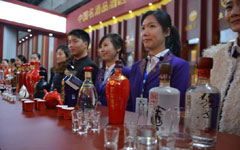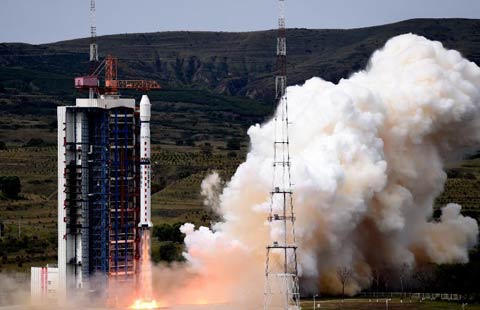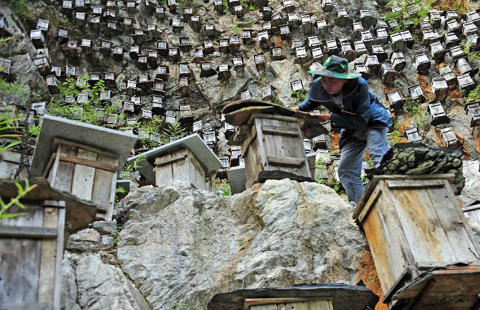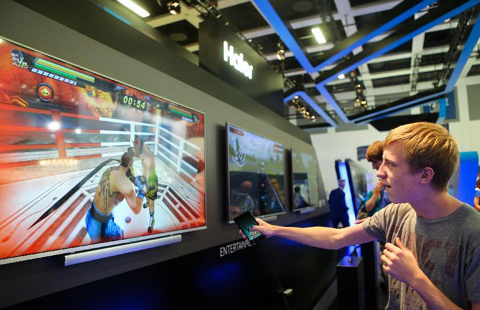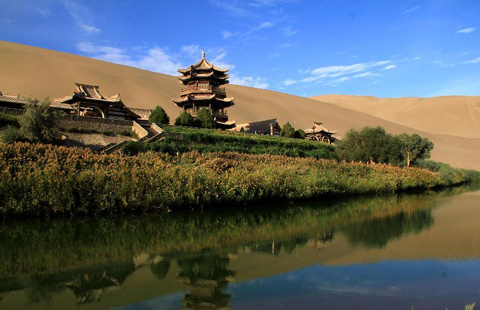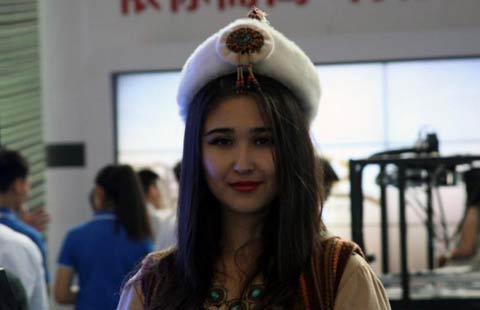Reinvention needed for baijiu makers
By Mike Bastin (China Daily) Updated: 2014-05-27 07:12
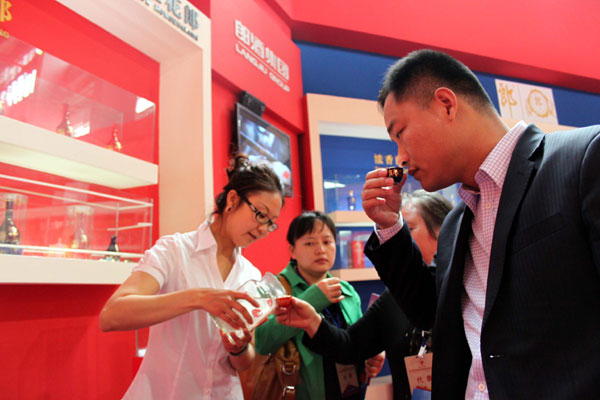 |
|
Visitors taste baijiu at the 2013 Western China International Fair. A burst price bubble and changing tastes caught liquor makers by surprise. Xinhua |
The products of Wuliangye Yibin Co Ltd, the maker of what's easily China's most prestigious and recognizable brand of baijiu (white spirits), recently announced a substantial price cut. It reduced the wholesale price of one of its most select brands, 52-proof Crystal Wuliangye, by almost 17 percent.
This isn't the first time in recent years that deep discounting of the Wuliangye baijiu brands and those of competitors such as Kweichow Moutai Co Ltd is taking place. Even in 2012, many of the more luxurious baijiu brands cut prices.
|
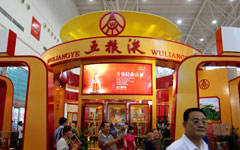 |
But is this the right approach, given the luxury association and the place in Chinese entertainment culture enjoyed for so long by the generic baijiu product brand?
Wuliangye and Moutai in particular have crafted carefully a very strong set of emotional associations over many, many years.
Undoubtedly, the rapid emergence of the red wine market in China has presented Wuliangye and other distillers with a formidable opponent.
In particular, famous wines from France carry an extremely similar and competitive brand image.
Such a competitive threat from world-famous red wine brands is being exacerbated by the "all eggs in one basket" brand strategy long pursued by Wuliangye-and sadly characteristic of many of China's more famous corporate brands.
Wuliangye's most prestigious brands all target middle-aged, urban Chinese professionals. All rely on a "celebratory experience", such as a big wedding, to maintain their high-end status and luxury image, as well as their not inconsiderable price premium.
Sustainable competitive brand advantage is rarely built on one corporate brand occupying one market position in just one geographic market.
- Standard Chartered offshore RMB index rises slightly in July
- Shanghai-HK stock link to speed up capital market reforms: Barclays
- Relaxing restrictions on foreign investments
- Fujian on course to help create the new maritime Silk Road
- Foreign investors set sights on new targets
- UK looks to diversify in China
- Malaysia keen to expand trade ties
- HK still top choice for mainland firms
